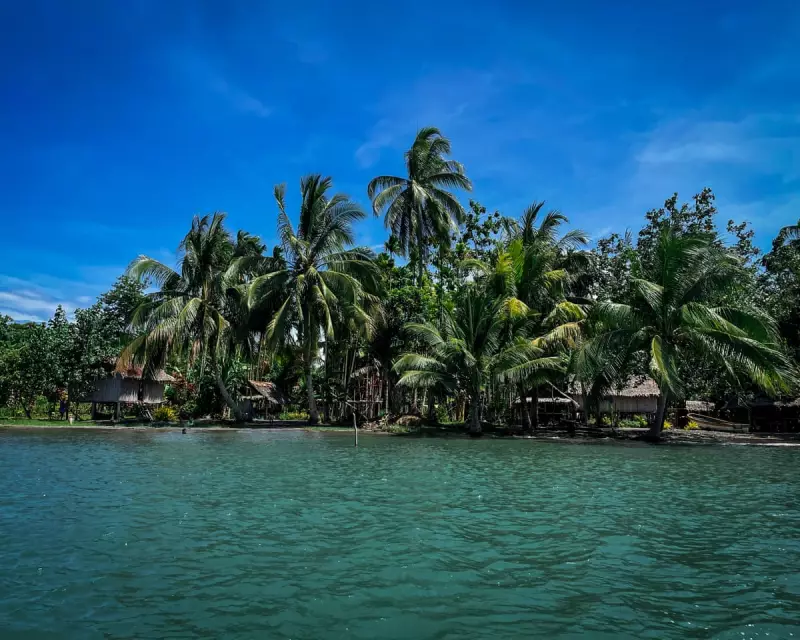
In a powerful address that sent ripples through international climate circles, Papua New Guinea's Prime Minister James Marape has delivered a stunning condemnation of United Nations climate summits, describing them as ineffective "talkfests" that consistently fail the world's most vulnerable nations.
The Pacific Perspective: When Rising Seas Threaten Existence
Speaking with the authority of a leader whose nation faces existential threats from climate change, Marape didn't mince words. "We come to these meetings with expectations," he stated, "but we leave with conversations." For Pacific island nations like Papua New Guinea, where rising sea levels threaten coastal communities and changing weather patterns disrupt traditional livelihoods, the stakes couldn't be higher.
The Prime Minister's frustration was palpable as he highlighted the disconnect between diplomatic negotiations and on-the-ground realities. While delegates debate technicalities in climate-controlled conference rooms, his citizens are already experiencing the devastating consequences of a warming planet.
A System Stacked Against Developing Nations
Marape pointed to fundamental flaws in how climate summits operate, arguing that the current framework prioritises process over tangible outcomes. His critique suggests that the very structure of these international gatherings works against the interests of those most affected by climate change.
- Endless rounds of negotiations that yield minimal concrete action
- Disproportionate influence from wealthier, industrialised nations
- Bureaucratic hurdles that delay crucial climate financing
- Promises made at previous summits remaining unfulfilled
Beyond Diplomacy: The Urgent Need for Action
The Papua New Guinean leader's comments come at a critical juncture in global climate efforts. With scientists warning that time is running out to prevent catastrophic warming, Marape's intervention serves as a stark reminder that climate change isn't an abstract future threat for many nations—it's a present-day emergency.
"We cannot afford another decade of conversations while our islands disappear beneath the waves," Marape emphasised, capturing the desperation felt across the Pacific region. His words challenge the international community to move beyond comfortable diplomatic rituals and deliver the meaningful action that science demands and justice requires.
A Call for Reform in Climate Diplomacy
While not abandoning the UN process entirely, Marape's critique signals growing impatience with business-as-usual approaches to climate negotiations. His comments may inspire other developing nations to demand substantive reforms to how climate summits are conducted and what outcomes they produce.
The question now is whether this powerful intervention from a Pacific leader will spark the serious reflection needed to transform climate diplomacy from what Marape characterises as mere "talkfests" into forums that genuinely serve those on the frontlines of the climate crisis.





